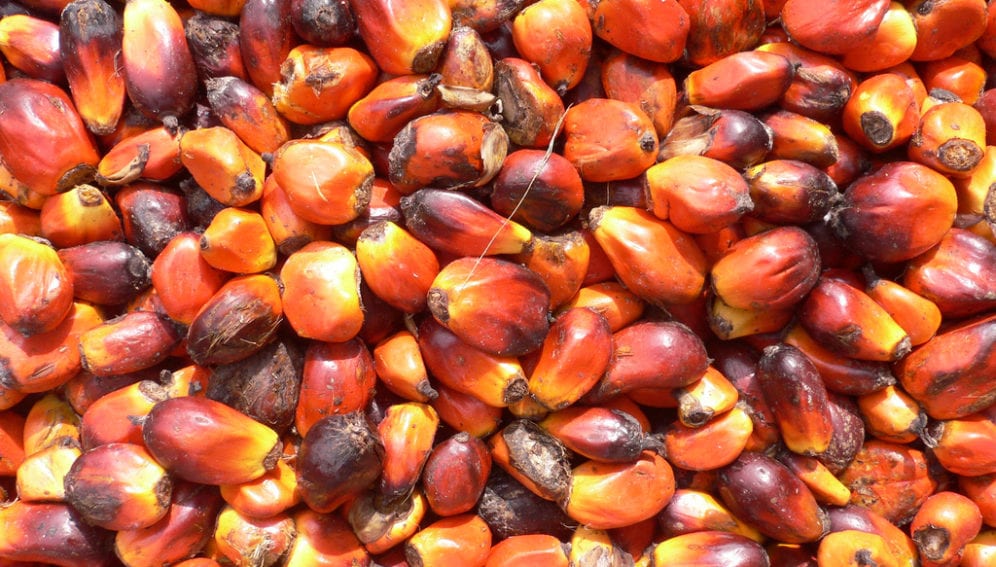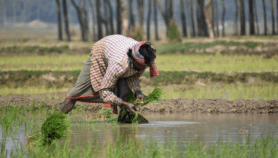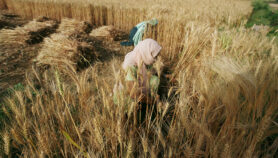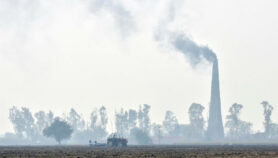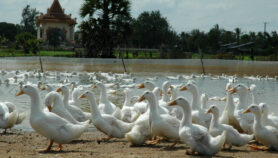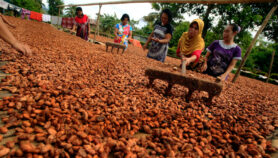By: Brendon Lee
Send to a friend
The details you provide on this page will not be used to send unsolicited email, and will not be sold to a 3rd party. See privacy policy.
[KUALA LUMPUR] Scientists have identified a gene critical to improving the yield of palm oil, which could lead to a reduction in the industry's deforestation.
The researchers analysed the genome sequences of the African oil palm (Elaeis guineensis) and South American oil palm (Elaeis oleifera) to produce maps of their genes. They found the 'shell' gene, which is responsible for the fruit's thickness, size and oil content.
The research, carried out by scientists from the government Malaysian Palm Oil Board (MPOB) and Orion Genomics, was published last month (24 July) in Nature.
Versions of the gene control whether the oil palm fruit is one of three forms: thick-shelled dura, which produces low yields; shell-less pisifera; or the high-yielding, thin-shelled form called tenera.
Rajinder Singh, head of MPOB genomics unit, says that the scientists used assisted breeding to produce plants that produce tenera fruit.
"The impact to the oil palm industry will be quite significant. The 'shell' gene is an important molecular tool to improve the efficiency of the oil palm breeding programmes to develop new and improved planting materials. The genome sequence also lays the foundation for the identification of other important yield and quality traits such as disease resistance," he adds.
The discovery will help plantation owners to increase the yield of palm oil per hectare, indirectly aiding rainforest conservation efforts. Malaysian conservation laws have restricted any further expansion of agricultural lands to ensure that 50 per cent of the country's land area remains as virgin rainforests.
"With better breeding materials, it will hopefully stabilise yield, especially for smallholders, who are far more vulnerable to changing conditions. Hopefully, this will encourage them to obey the law and not encroach further on the rainforest," says Robert Martienssen, scientific co-founder of Orion Genomics.
Palm oil is commonly used as cooking oil and an important source of biodiesel. It has been the focus of research and development by the Malaysian government since 2006, and it has been predicted that insights into the oil palm genome will double production from Malaysia.
Malaysia is the world's second largest exporter of palm oil with 18 million tonnes of palm oil products exported in 2011.
The researchers said that the new tenera 'super seeds' will be available almost immediately as they are able to incorporate their findings into their breeding program. However, they say, producing a new breed with other characteristics will require more time.
Link to full article in Nature
This article has been produced by SciDev.Net's South-East Asia & Pacific desk.
References
Nature doi:10.1038/nature12356 (2013)


